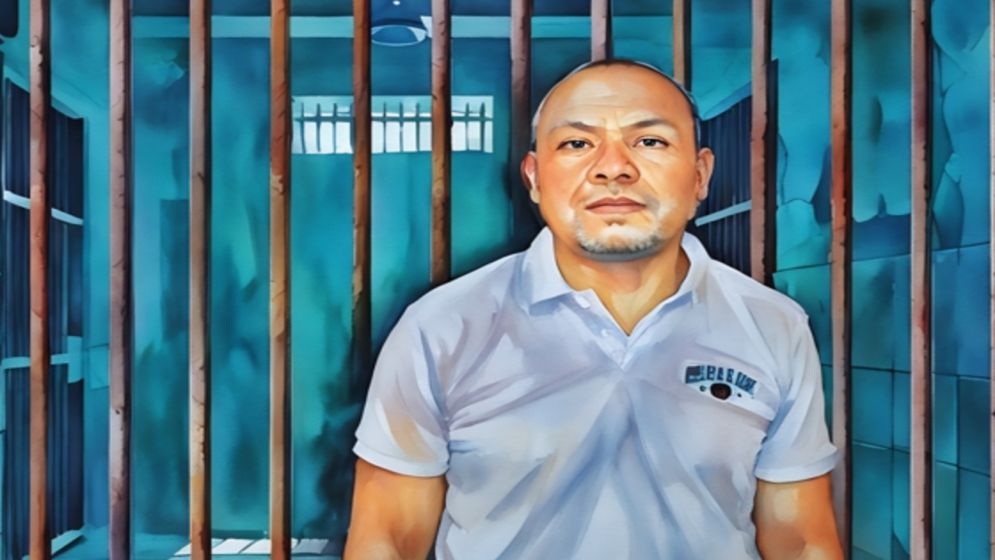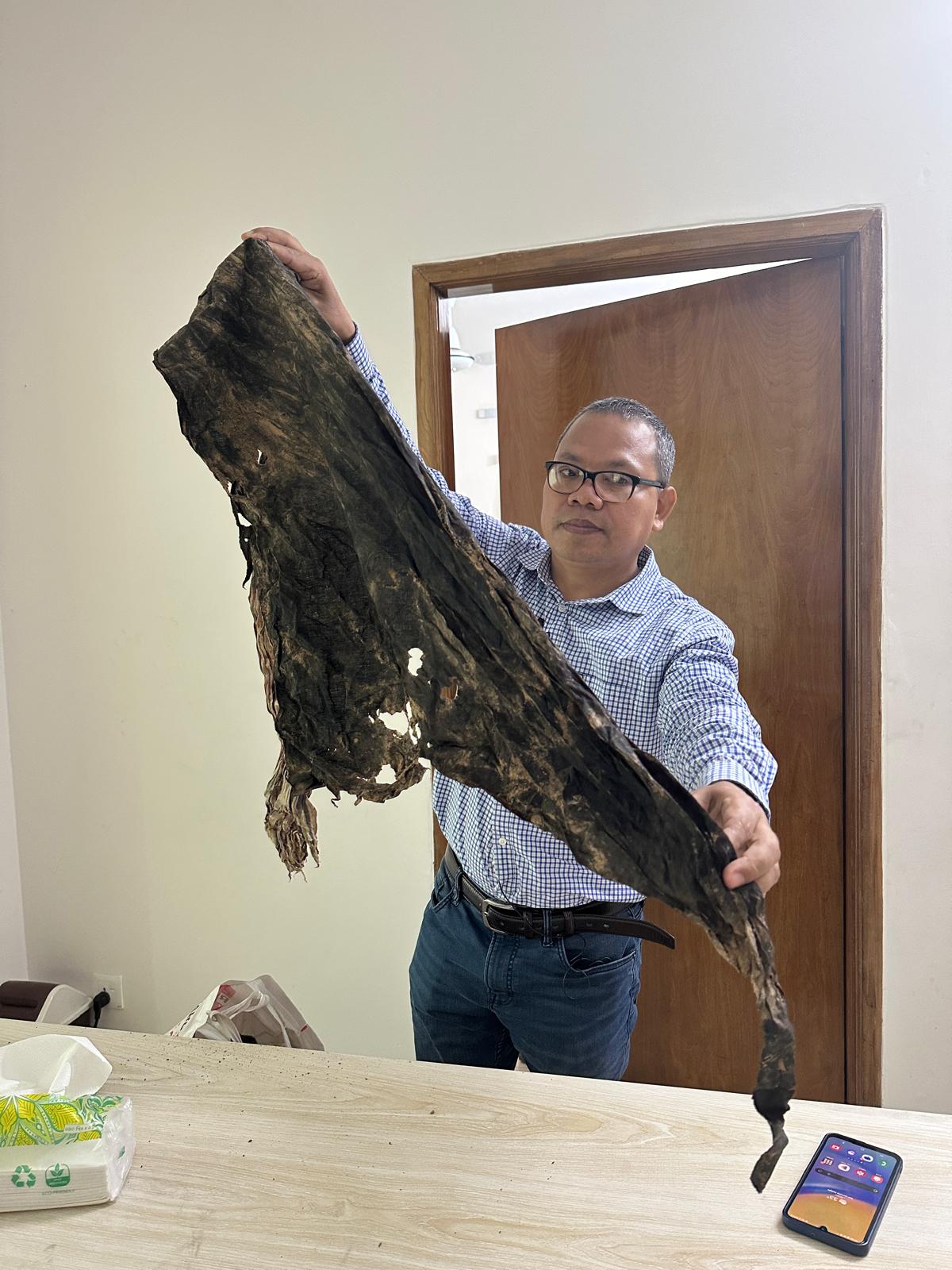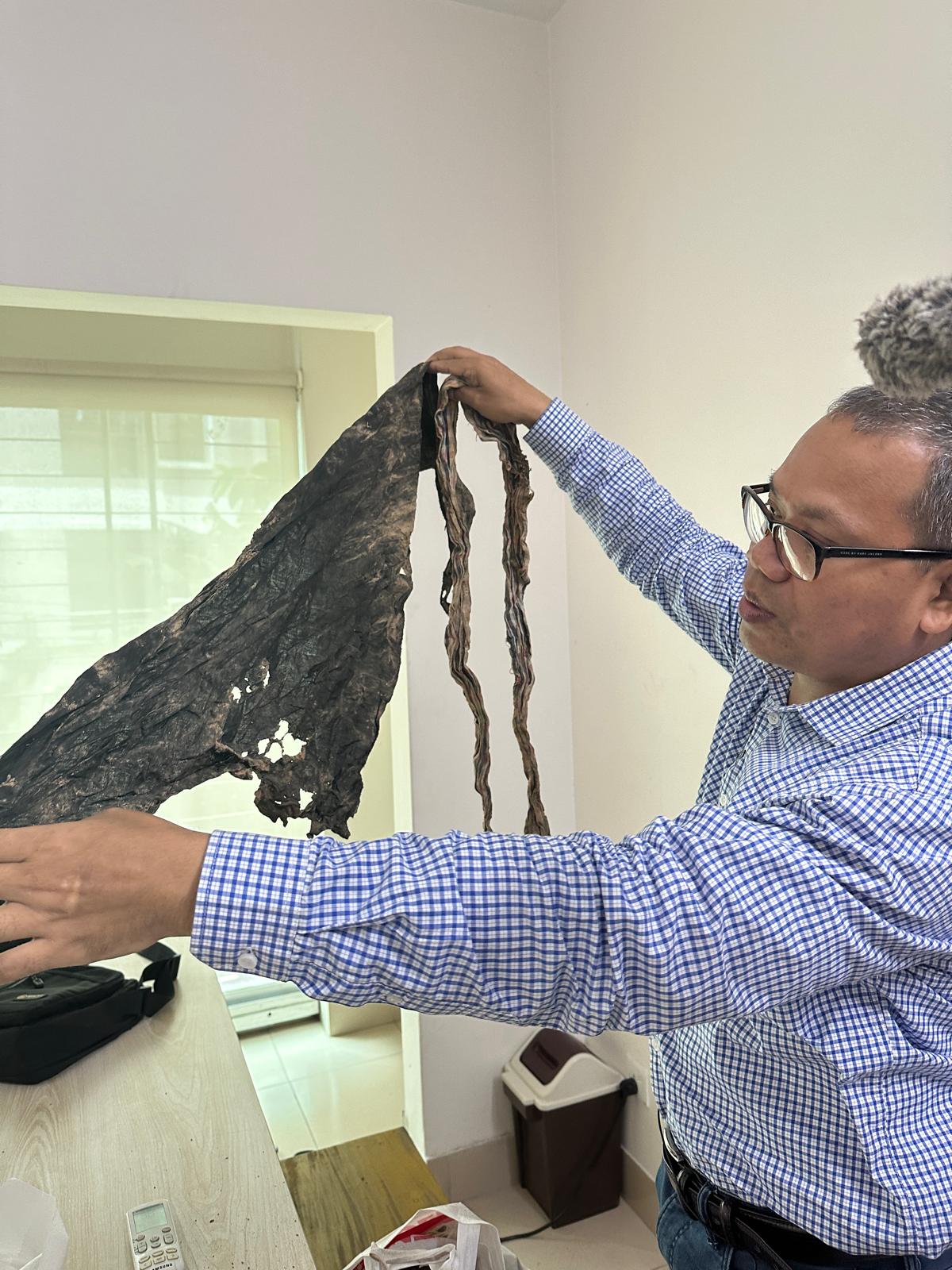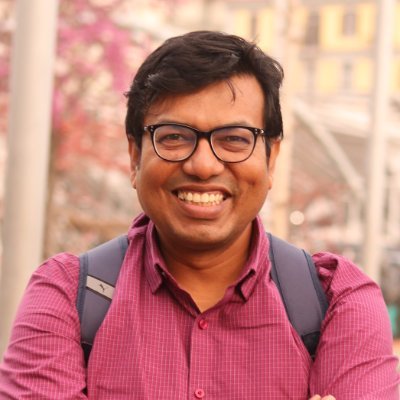Fresh evidence suggests RAB's involvement in UPDF leader Michael Chakma's disappearance

Fresh evidence has emerged implicating the Rapid Action Battalion (RAB) in the disappearance of Michael Chakma, a prominent organizer of the hill-based United People's Democratic Front (UPDF).
Michael was released on August 7 in a remote teak forest in Chattogram, about 250 kilometers from Dhaka, just two days after the ouster of former Prime Minister Sheikh Hasina in a mass uprising that claimed thousands of lives.
Recounting his ordeal, Michael described being abruptly awakened in his dark, cramped cell on the day of his release.
His captors handcuffed and blindfolded him before shoving him into a vehicle. Certain he was being driven to his execution, Michael instead found himself abandoned in a dense forest, freed but deeply traumatized.
During his detention, he overheard staff at the secret facility saying he was held at a site linked to the Directorate General of Forces Intelligence (DGFI), one of Bangladesh’s most powerful intelligence agencies.
Now free, Michael has submitted a detailed account of his captivity to the Inquiry Commission on Enforced Disappearances, seeking justice.
"At the time, I had no idea Hasina had been removed and fled to India," he said. "I only realized it later when I saw a newspaper headline while traveling on a bus."
Michael’s family and party members had long accused state forces of orchestrating his abduction, alleging it occurred while he was traveling from Kanchpur, Narayanganj.
Michael, however, clarified that he was kidnapped on April 9, 2019, by plainclothes men carrying radio transceivers who intercepted him in Kalyanpur, Dhaka, and forced him into a microbus.
Michael’s last known phone location, according to police investigations, was traced near DGFI headquarters. In May 2019, Amnesty issued an urgent appeal for his release, which went unheeded during Hasina’s tenure.
On August 19 this year, Michael and members of his party returned to the forest where he was released earlier this year.
There, they recovered two pieces of cloth he had left behind on the day of his freedom.
One of the items, a black scarf-like fabric, closely resembled the headscarves often worn by members of the Rapid Action Battalion (RAB) during operations and patrols.

“This black cloth was used to blindfold me before I was taken from the secret prison to a vehicle,” Michael said, displaying the scarf to the Bangla Outlook correspondent.
The second item was a worn-out towel.
Michael recounted that on the day of his release, he was blindfolded and warned by his captors not to open his eyes under threat of death.
The recovered items have been preserved for forensic analysis, though Bangla Outlook was unable to conduct independent scientific testing. However, the resemblance of the black cloth to RAB’s operational scarves is notable.
When questioned about RAB’s possible involvement in Michael’s disappearance, Lieutenant Colonel Md Munim Ferdous, the organization’s spokesperson, stated, “It’s an investigative matter. I don’t have any information to share.”
Demands for investigation into security forces' misconduct intensify
The recent discovery has brought renewed focus to the role of security forces in enforced disappearances during Sheikh Hasina’s administration, a period marked by numerous allegations of human rights abuses.
Michael Chakma’s account, bolstered by the physical evidence found at his release site, has amplified calls for a thorough and impartial investigation into his abduction and the broader practices of state security agencies.
Although Bangladesh’s interim government has not yet commented on the case, it underscores a growing demand for accountability following Sheikh Hasina’s removal.
Human Rights Watch estimates that nearly 600 people have been forcibly disappeared in Bangladesh since 2009.
In a 2021 report, the organization documented 86 cases where victims’ fates remain unresolved, while others were eventually freed, formally arrested, or found dead.
Activists claim that many of these individuals were detained in secret facilities, posing a significant challenge for the interim government as it seeks to address past human rights violations.
The involvement of various security forces—including the military, paramilitary units, and police—adds complexity to the effort for justice.

Sanjida Islam, founder of Maayer Daak (Mothers’ Call), who has spent over a decade advocating for her brother’s release, noted a shift since Hasina’s ouster.
At least three individuals, including Michael Chakma, have emerged from secret detention centers. The other two are Supreme Court lawyer Ahmad Bin Kashem Arman and suspended army officer Abdullahil Amaan Azmi.
Amnesty International has previously highlighted the prevalence of enforced disappearances in Bangladesh, describing the practice as affecting “hundreds.”
Following Hasina’s departure, the organization called on the interim government to prioritize human rights and safeguard the vulnerable.
The Inquiry Commission on Enforced Disappearances, established after Hasina’s fall, reported on November 5 that it had identified eight secret detention centers in Dhaka alone.
As of October 31, the commission had received over 1,600 complaints of enforced disappearances implicating various law enforcement agencies.
Out of these, 400 cases have been scrutinized, with interviews conducted with approximately 140 individuals. The commission has uncovered the involvement of several entities, including:
Rapid Action Battalion (RAB): 172 complaints
Detective Branch (DB): 55 complaints
Counter Terrorism and Transnational Crime (CTTC): 37 complaints
Directorate General of Forces Intelligence (DGFI): 26 complaints
Bangladesh Police: 25 complaints
The commission’s findings point to a systemic use of enforced disappearances, with agencies like DGFI and RAB playing leading roles.
—-

